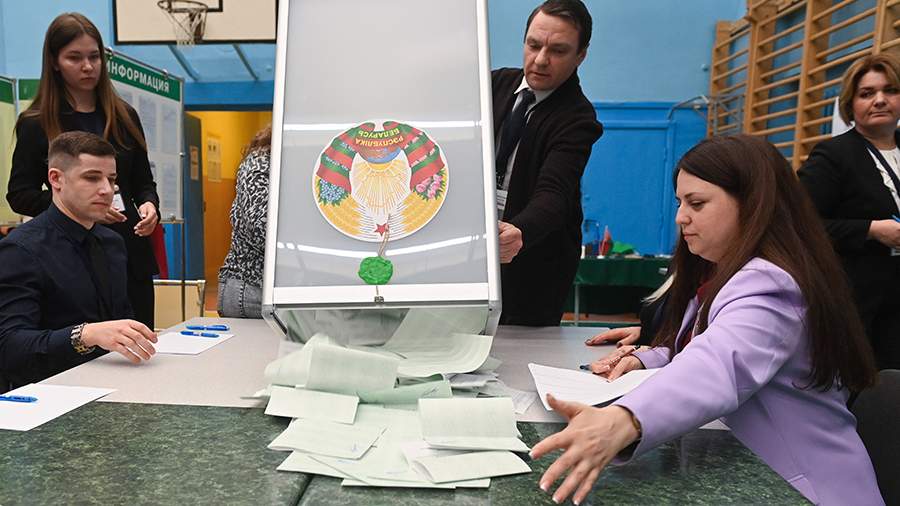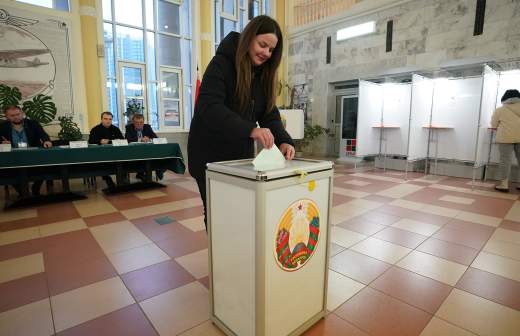UK and Canada impose sanctions against Belarus after elections
On Monday, January 27, after the presidential election in Belarus, the Foreign Ministries of Great Britain and Canada imposed sanctions against citizens and enterprises of the republic in connection with alleged human rights violations and cooperation between Minsk and Moscow.
The British Foreign Ministry said on its website that the new restrictions apply to six people and three businesses. In particular, restrictions are imposed on the chairman of the Central Election Commission of Belarus, Igor Karpenko, head of the Main Department for Combating Organized Crime and Corruption of the Ministry of Internal Affairs Andrei Ananenko and heads of a number of correctional institutions, which London considers guilty of alleged human rights violations. The sanctions also affected the design bureau "Unmanned Helicopters," the plant "Legmash" in Orsha and the enterprise "ALEVKURP," which develops radar systems.
Canada, in turn, published a list of restrictions on the Foreign Ministry website, which includes the wife of the winner of the election of the current president of Belarus, Alexander Lukashenko Galina, Karpenko and Ananenko. As for organizations, the restrictions are imposed on the Special Purpose Police Unit (OMON), the Main Department for Combating Organized Crime and Corruption (GUBOPiK), the State Security Committee (KGB) of Belarus, Legmash, Unmanned Helicopters, processing equipment plant StankoGomel and other companies.
Earlier in the day, chairman of the Central Election Commission of Belarus Igor Karpenko reported that the incumbent head of state Alexander Lukashenko had won the presidential election with 86.82% of the vote. At the same time, there were no complaints of any violations from citizens and observers.
The same day, Russian President Vladimir Putin congratulated the Belarusian leader on his re-election. Kremlin spokesman Dmitry Peskov said that Moscow noted how transparently the voting procedure had been organized, stressing that the elections in Belarus were perfectly legitimate.
At the same time, the Russian Foreign Ministry drew attention to the fact that Western countries interfered in the presidential election and tried to sway the situation in the republic with the help of unsubstantiated ballot stuffing. Russia condemns biased statements by the West and respects the sovereign expression of the will of the Belarusian citizens.
Polling stations for the main voting in the presidential election in Belarus worked throughout the country on January 26. After the turnout reached 56.64% at 12:00, the election was recognized valid. The voter turnout amounted to 85.7%.


